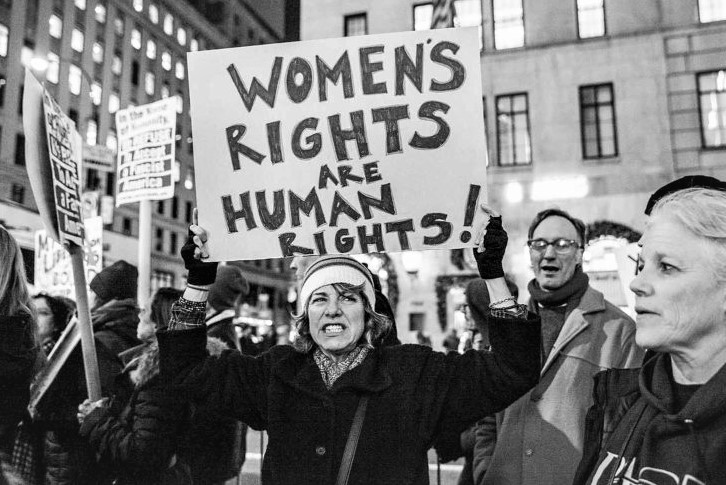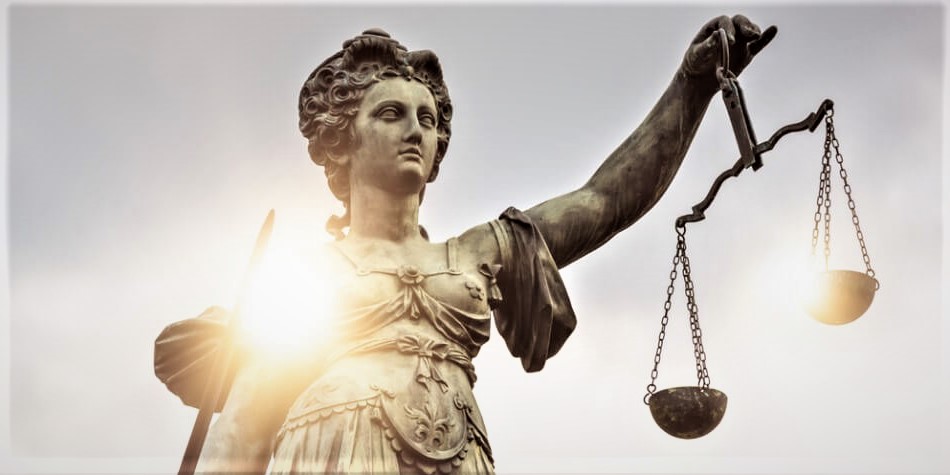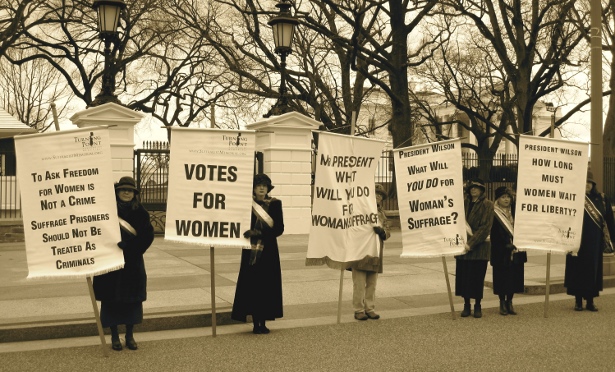The battle for Women’s testimonial in the United States started with the Women’s privileges development during the nineteenth hundred years. This change exertion enveloped a wide range of objectives before its chiefs settled to zero in first on getting the decision in favor of ladies. Ladies’ testimonial chiefs, nonetheless, differ over system and strategies: whether to look for the vote at the government or state level, whether to offer petitions or seek after suit, and whether to convince administrators independently or to riot.
Both the ladies’ privileges and testimonial developments gave political experience to a considerable lot of the early ladies pioneers in Congress, however their inside divisions foreshadowed the relentless conflicts among ladies in Congress that arose after the entry of the Nineteenth Amendment.
The primary endeavor to coordinate a public development for women’s
The primary endeavor to coordinate a public development for ladies’ privileges happened in Seneca Falls, New York, in July 1848. Driven by Elizabeth Cady Stanton, a youthful mother from upstate New York, and the Quaker abolitionist Lucretia Mott, around 300 individuals — the majority of whom were womens — went to the Seneca Falls Convention to frame a bearing for the ladies’ privileges development. Stanton’s invitation to battle, her “Announcement of Sentiments,” repeated the Declaration of Independence: “We hold these insights to be undeniable: that all people are made equivalent.”
In a rundown of goals, Stanton recorded monetary and instructive imbalances, prohibitive regulations on marriage and property freedoms, and social and social standards that kept ladies from getting a charge out of “the multitude of freedoms and honors which have a place with them as residents of the United States.
” Stanton likewise requested for ladies the “consecrated right to the elective establishment” — notwithstanding protests from Mott and other people who thought about this arrangement excessively extremist. The show ultimately endorsed the democratic privileges goal after abolitionist Frederick Douglass talked on the side of it.

19th Amendment to the U.S. Constitution: Women’s Right to Vote (1920)
Some sought after a methodology of passing testimonial demonstrations in each state
Some sought after a methodology of passing testimonial demonstrations in each state — nine western states took on lady testimonial regulation by 1912. Others tested male-just democratic regulations in the courts. A few suffragists utilized more fierce strategies, for example, picketing, quiet vigils, and craving strikes. Frequently allies met savage opposition. Adversaries harassed, imprisoned, and here and there actually manhandled them.By 1916, practically the significant testimonial associations were all unified behind the objective of an established revision. At the point when New York embraced lady testimonial in 1917 and President Wilson changed his situation to help a correction in 1918, the political equilibrium started to move.
On May 21, 1919, the House of Representatives passed the correction, and after fourteen days, the Senate followed. At the point when Tennessee turned into the 36th state to approve the revision on August 18, 1920, the correction passed its last obstacle of acquiring the understanding of three-fourths of the states. Secretary of State Bainbridge Colby ensured the confirmation on August 26, 1920, changing the substance of the American electorate until the end of time.
The mission for lady testimonial was long, troublesome, and at times sensational; yet endorsement didn’t guarantee full liberation. Many years of battle to remember African Americans and other minority individuals for the commitment of casting a ballot rights remained. Numerous ladies stayed incapable to cast a ballot long into the twentieth century due to unfair state casting a ballot regulations.
Women’s Rights Issues That Are In Danger Right Now
As we notice Women’s Equality Day on Aug. 26, which recognizes the day on which the Nineteenth Amendment, giving ladies the option to cast a ballot, was confirmed in 1920, it means a lot to make a move to assess the situation. How far has the United States come regarding ladies’ privileges — and how is it slowing down, or going in reverse? The news in many quarters appears to be positive. More Democrat ladies are campaigning for office in the 2018 midterm races than any time in recent memory, and the #MeToo development keeps on driving public discussion. Be that as it may, there are a few essential rights for American ladies stay in danger.
“No country on the planet has effectively disposed of victimization ladies or accomplished full fairness,” the United Nations remarked in June 2018, adding that there has been “disturbing pushback” as of late against orientation uniformity in numerous nations. For any of us noticing the present status of governmental issues in the United States, this will feel intimately acquainted. Since the United States is pursuing a worldwide direction, nonetheless, doesn’t imply that it doesn’t its own, particular issues. To roll out an improvement, register to cast a ballot, get dynamic, call your delegates, and watch out for your freedoms. The following are five regions in which ladies’ privileges are especially under danger in the United at this moment
Reproductive Choice
Everything from the proposed “homegrown gag rule,” which would boycott any medical services office that gets government financing from prompting on or giving fetus removals, to the retirement of Supreme Court Justice Anthony Kennedy in July — and the danger of his possible substitution, Brett Kavanaugh. Numerous activists propose that Kavanaugh’s assignment follows President Trump’s guarantee to just designate enemy of fetus removal judges to the Supreme Court, and his previous remarks and decisions on early termination freedoms signal that he’d cast a ballot to debilitate the law. Almost 50% of the states the nation over keep on having early termination impediments in regulation, and the apparition of Roe being toppled is exceptionally present.
Equal pay
Common freedoms Watch has noticed that, because of Trump’s roll-backs of different equivalent compensation securities, “Enormous bosses and government project workers won’t be expected to give disaggregated data about representatives’ pay to social equality requirement organizations.” Guess what? It’s presently essentially as simple as it at any point was to pay ladies not exactly their male partners on the off chance that you’re utilized by the public authority.
Domestic violence
Aggressive behavior at home survivors are being confronted for certain serious difficulties under Trump’s administration. The dynamic research organization Center For American Progress noted in 2017 that proposed slices to bureaucratic spending by the public authority would likely have devastating ramifications for ladies who’d endure abusive behavior at home, including restricting the financing for the National Domestic Violence Hotline and the Violence Against Women Act. Medical services cuts could likewise imply that guarantors could quit supporting abusive behavior at home directing on the grounds that being a survivor would be classed as a “previous condition,” as Vox revealed.



